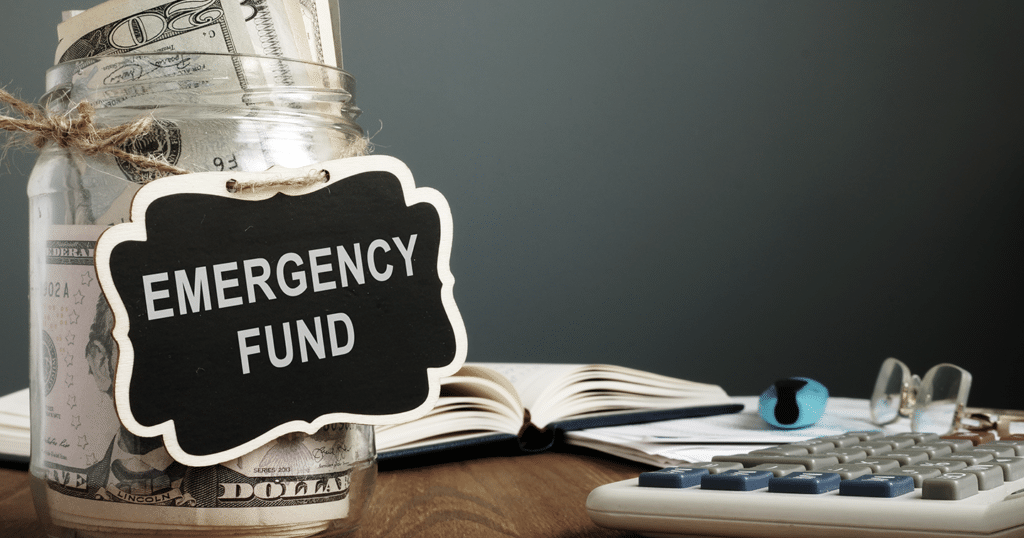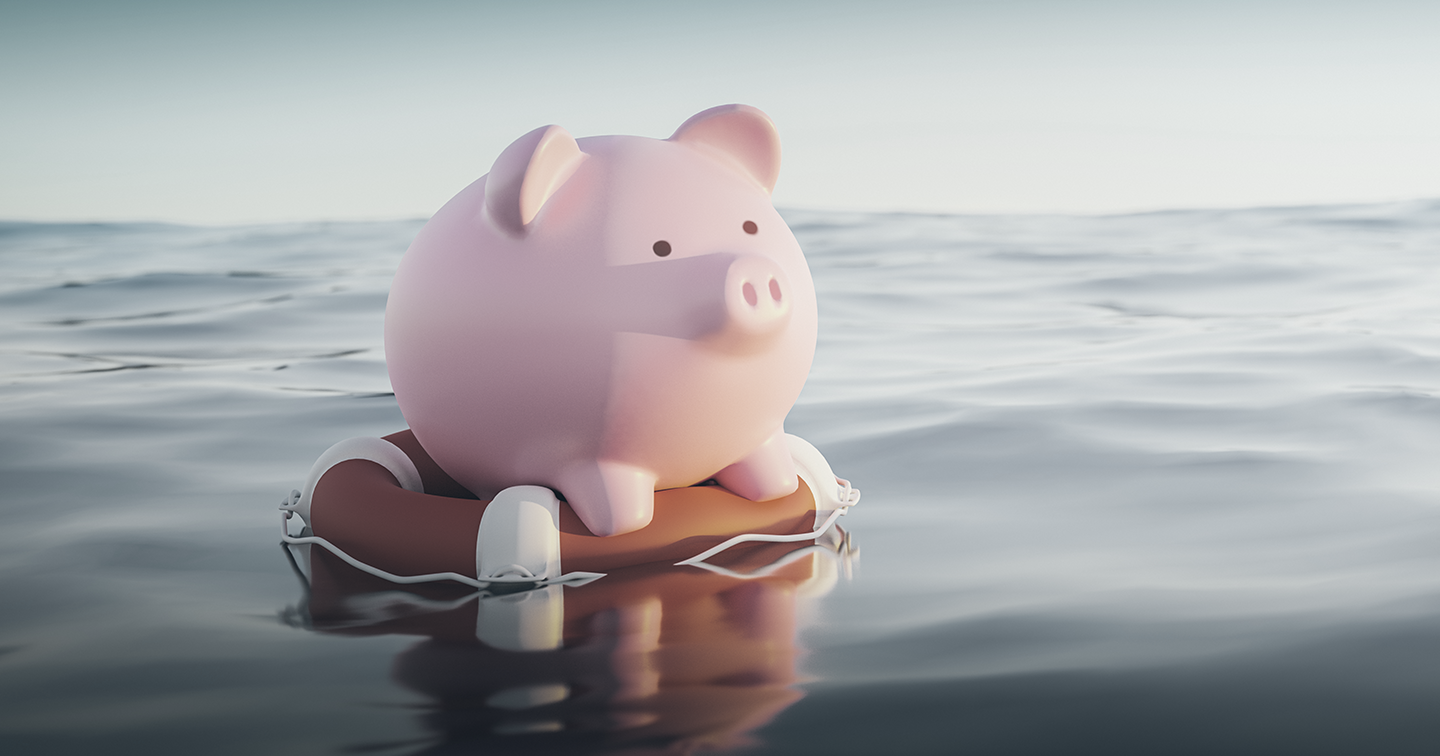5 Ways to Plan for the Unexpected
If you faced a financial emergency, would you be ready? If your answer is no or not sure, then it’s time to revisit your personal finances. A financial emergency can happen to anyone at any time. It includes job loss, major medical expenses, natural disasters, and any other unexpected occurrence that leads to significant financial loss.
Planning ahead is the only way to ensure you’ll be equipped to navigate these types of emergencies. In five steps, you’ll learn how to prepare for the unexpected and rethink how you manage your money.

Set Up a Safety Net
If you don’t already have an emergency fund set up, you need one. This fund should be able to cover approximately three to six months of expenses. To get one started, evaluate your paycheck and determine how much you can contribute to the fund each month. Treat that amount as you would any other bill you need to pay and deposit it into a new, emergencies-only account. Once you have enough in the account, you can stop contributing.
Some experts even recommend having two accounts for unexpected expenses. One is your fund for true emergencies, such as job loss, natural disasters, or significant medical problems. The other is a “rainy day” fund, which covers smaller-scale but still urgent expenses, such as home or car repairs. Build up your true emergency account before starting your rainy day fund.
Get Insurance
Having a full insurance portfolio is one of the best ways to protect yourself from financial loss. Home insurance, for example, can protect you from natural disasters or theft. Depending on where you’re from, you may also have the option of purchasing car, medical, life, or even pet insurance.
Prioritize which assets are most important to you and use those determinations in deciding how much you’re willing to spend each month in guarding them against loss. For each asset, you may also want to project the likelihood of it causing you financial loss and whether you could afford that full amount if the time were to come. If the failure would be catastrophic and unaffordable for you and your family, insurance is an appropriate option.
Pay Down Debt
Unfortunately, when you’re experiencing a financial emergency, your creditors and lenders will still expect you to make at least the minimum payments on your debt. If you don’t, you’ll likely face financial penalties. The best way to avoid this is to avoid debt entirely. But for many adults, debt is already a part of their lives. So how best to pay down your debt, so you won’t need to worry about it during emergencies?
First, make sure you’re making at least the minimum payments on all of your loans, whether that be credit card debt, a home loan, or something else. Second, make sure your emergency fund has at least a few months’ worth of expenses. Next, create a strategy for tackling your debt. It’s best to pay down debts with the highest interest rates first, so focus on those. Try to add extra funds beyond the minimum payment each month for those high-interest balances. You may also consider paying off a debt with a small balance first for a quick win before tackling the others.
Create an Expenses Plan
If you don’t already have a budget for your current pay and expenses, first see our five steps to creating a budget. The budget you create will serve you well during normal times, but during an emergency, you’ll need to make adjustments. Generally, this will mean cutting back on nonessential expenses.
Plan ahead which nonessentials you’ll need to cut down on when money is tight. Make a list of these items now so you’ll have an outline ready to refer to in the event of an emergency. Nonessential expenses include takeout from restaurants, shopping, special treats, coffee, subscriptions, and more.
Switch to a Credit Union
Too many large banks, you’re often just a number. They tend to be less forgiving about missed payments, even if you’re experiencing an emergency. If instead, you bank through a credit union or a community bank, you may experience more understanding and better customer service when faced with an emergency. Smaller banks are more likely to approve you for a personal line of credit to help you make it through a particularly tough time.
Explore the option of a credit union or community bank to see if it’s a good fit for you. Regardless of which bank you select, though, remember that it doesn’t hurt to ask them for flexibility in the event of an emergency. Some banks will offer to waive a late payment or two if you have a history of being a good customer.



